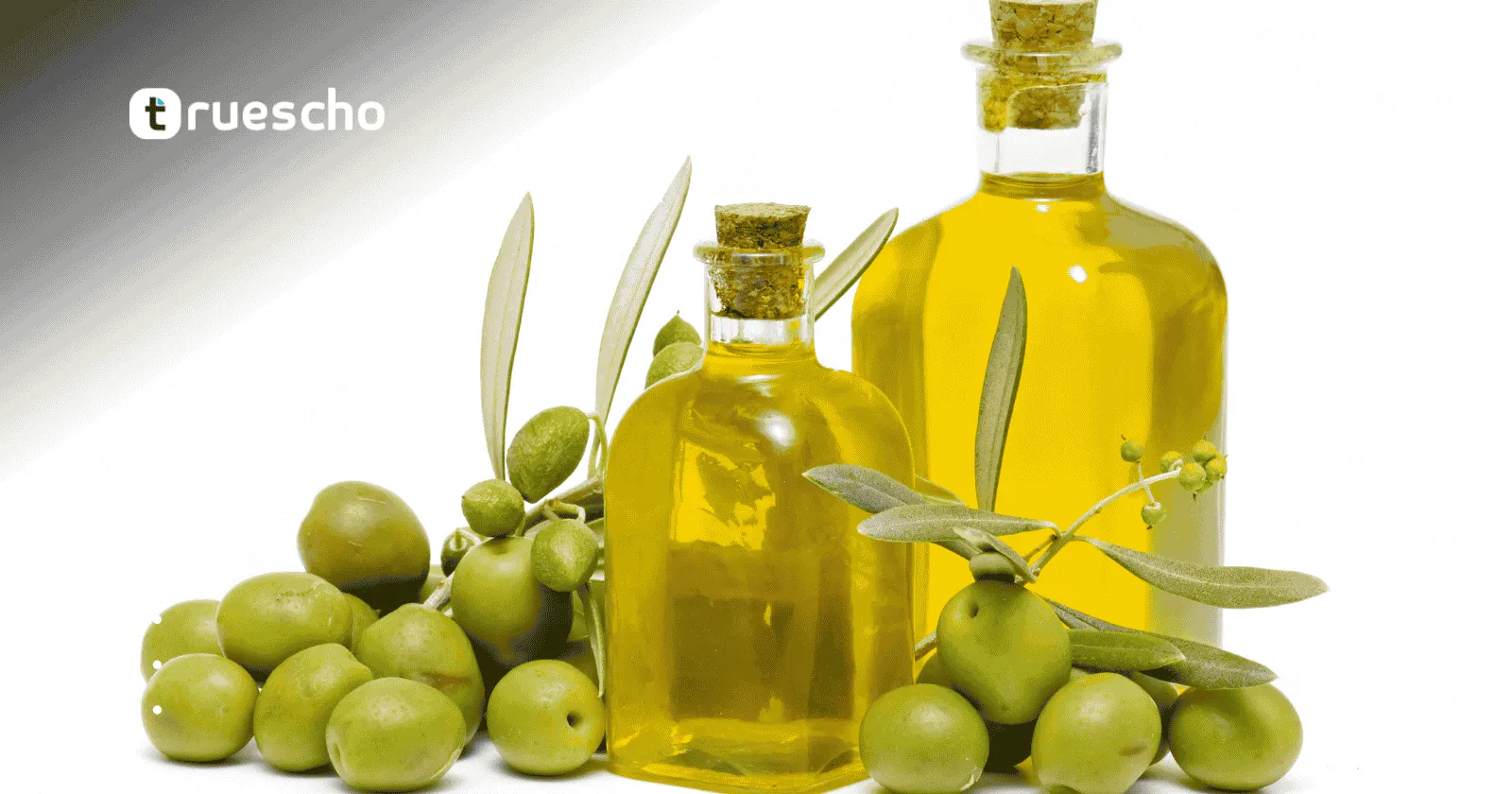Is Extra-Virgin Olive Oil Really a Health Food?
Table of Contents
Background on Extra-Virgin Olive Oil and Health
Extra-virgin olive oil (EVOO) is not just an everyday cooking ingredient—it’s a rich source of monounsaturated fatty acids (MUFAs), plant sterols, and antioxidant polyphenols. Its long history in Mediterranean cuisine ties it to a diet renowned for its balance of fruits, vegetables, whole grains, legumes, and lean sources of protein such as fish and poultry.
Historically, olive trees have thrived in the Mediterranean region, providing essential nutrients and energy . Today, extra-virgin olive oil remains prized not only for its flavor but also because:
- Heart Health: The MUFAs in EVOO help improve cholesterol levels and reduce inflammation. They may also prevent blood clots by inhibiting platelet aggregation.
- Lower Blood Pressure: Antioxidant polyphenols present in EVOO have been linked to improved vascular function and lowered blood pressure.
- Reduced Inflammation: Regular intake helps decrease the levels of inflammatory proteins and chemicals in the body.
- Metabolic Health: The polyphenols found in this oil may aid in carbohydrate metabolism, reducing the risk of type 2 diabetes, and supporting healthy weight management.
- Brain Health: Some studies suggest that these compounds may lower the risk of Alzheimer’s by fighting oxidative stress in the brain.
- Gut Health: EVOO polyphenols contribute to a balanced gut microbiota by enhancing intestinal immunity and promoting beneficial bacteria.
- Cancer Prevention: Early evidence shows that EVOO may influence gene expression related to cancer development, offering protective effects.
In summary, having extra-virgin olive oil as part of your diet—especially when consumed within a Mediterranean-style eating pattern might help support multiple aspects of health, from cardiovascular function to metabolic balance.
What the Research Says
Cardiovascular Health Benefits
Extra-virgin olive oil is widely recognized for its cardiovascular advantages. A seminal study, the 2018 PREDIMED trial, evaluated more than 7,000 individuals at high risk for heart disease . The trial showed that participants following a Mediterranean diet enriched with either EVOO or nuts experienced fewer cardiovascular incidents, such as heart attacks and strokes, than those on a low-fat diet.
Despite these heart-health findings, the same trial noted that EVOO did not significantly lower LDL cholesterol levels . However, experts like MyFitnessPal’s dietitian Katherine Basbaum remain optimistic about the LDL-lowering potential of olive oil when considering multiple studies .
Another interesting facet of EVOO’s benefits is its role in preventing LDL oxidation—a process that contributes significantly to the development of atherosclerosis . Since atherosclerosis underpins many cardiovascular conditions, preventing oxidation is considered a major positive impact of extra-virgin olive oil.
A 2022 review further cemented the role of EVOO within the Mediterranean diet, highlighting that the oil’s healthy fats and antioxidant polyphenols are crucial for meeting your daily need for essential fatty acids and antioxidants .
Nevertheless, some recent research suggests that more EVOO may not necessarily equal better heart health. A 2024 trial published in the Journal of the American Heart Association compared high intake (4 tablespoons/day) versus low intake (1 tablespoon/day) of EVOO in the context of a whole-food, plant-based diet . While both regimens improved heart markers compared to typical diets, a lower intake of olive oil was slightly more effective at reducing LDL cholesterol, hinting that whole foods may offer additional benefits due to their fiber and unprocessed plant compounds .
EVOO’s Role in a Balanced Diet
Understanding how extra-virgin olive oil fits into your daily eating plan is key to making the most of its health benefits.
For starters, always choose “extra-virgin” olive oil because it is less processed and contains a higher level of antioxidants compared to regular olive oil . Most guidelines suggest incorporating 1 to 4 tablespoons of raw extra-virgin olive oil daily. However, due to its high-calorie profile, moderation is crucial. Many experts recommend limiting intake to 1 to 2 tablespoons per day unless otherwise advised by a health professional.
While EVOO undeniably contributes to improved health, it is only one component of the Mediterranean diet. Fruits, vegetables, whole grains, and other nutrient-rich whole foods also add significant value to maintaining overall diet quality.

Swap Ultra-Processed Fats for Healthy Fats
Nutrition experts often advocate for replacing ultra-processed fats with nutrient-dense sources like extra-virgin olive oil. Although saturated fats have traditionally been cast in a negative light, emerging research suggests that the impact of these fats depends on their source and the overall quality of the diet .
For example, naturally occurring saturated fats found in eggs or unrefined coconut oil might offer health benefits due to their nutrient density . In contrast, saturated fats from heavily processed foods, such as chicken nuggets or store-bought pastries, are usually coupled with added sugars, salts, and other additives .
Additionally, while unsaturated fats from refined seed and vegetable oils can be negatively affected by high-heat processing—leading to the formation of harmful compounds hose from cold-pressed, minimally processed sources remain nutritious. By prioritizing extra-virgin olive oil, alongside other wholesome fat sources like nuts, seeds, avocados, and fatty fish, you can replace unhealthy, highly processed fats with more beneficial alternatives.
Tip: When planning your meals, consider a “swap strategy” —replace ultra-processed snacks with nutrient-rich whole foods and oils. This not only boosts your antioxidant intake but can also positively impact your cardiovascular health.
The Bottom Line
Extra-virgin olive oil is indeed a nutrient-dense food, rich in healthy fats and antioxidants. Its inclusion in a balanced, plant-based diet—such as the Mediterranean diet—can help support heart, brain, and metabolic health, among other benefits.
However, moderation is key. Overconsumption of olive oil may lead to excess calorie intake without providing additional benefits. While research continues to evolve around precise outcomes, current evidence suggests that using EVOO to replace unhealthy fats, rather than simply adding it to an otherwise low-quality diet, is the most effective strategy.
For those who want to optimize their health journey, keep in mind that balance and variety are essential. Supplementing your diet with extra-virgin olive oil, whole foods, and nutrient-dense ingredients while monitoring caloric intake is a wise approach. And don’t forget that you can always track your nutritional goals by utilizing innovative tools like Calorify, an AI-powered calorie tracker designed to simplify your journey towards better health.



